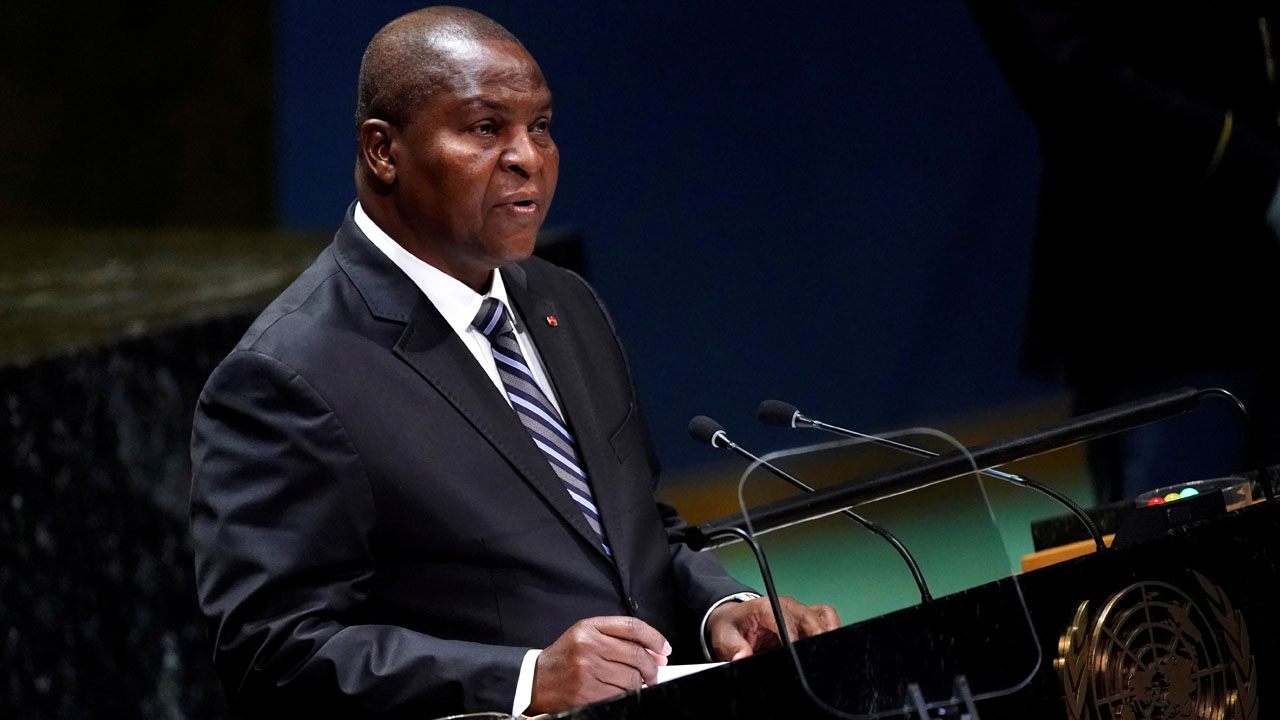Stakeholders have moved to strengthen Africa’s data protection laws and governance systems to unlock the continent’s digital economy, warning that its over 1.4 billion people are generating vast amounts of data daily without sufficient safeguards.
They spoke on Monday at the opening of a 5-day Multi-Country Data Governance Study Tour in Abuja, organised by the Data Governance in Africa Initiative and hosted by the Nigeria Data Protection Commission (NDPC).
The event drew delegations from Botswana, Eswatini, Mozambique, Tanzania, Sierra Leone, and The Gambia, as well as Nigerian lawmakers, policymakers, and development partners.
Speaking at the event, the Chairman of the Senate Committee on ICT and Cyber Security, Senator Salisu Afolabi, said Africa’s digital future hinges on enacting robust laws that protect citizens’ personal data while enabling innovation.
He noted that, with one of the world’s youngest populations, the continent has a unique opportunity to lead in digital growth; however, weak governance threatens to undermine that advantage.
Afolabi pointed to Nigeria’s example, where the Data Protection Act was among the first bills signed by President Bola Tinubu in June 2023. He described the move as a signal of the country’s commitment to building a trusted digital economy, adding that the National Assembly is already reviewing fresh cybersecurity and cybercrime legislation in line with international standards.
“The new land is cyberspace, and the currency of transactions in cyberspace is data. If you cannot protect the data of your citizens, your country is as porous as not having an army or navy,” he said.
The senator urged other African countries to learn from one another, saying the continent cannot afford to work in isolation. He encouraged participants to borrow from successful models across the continent, stressing that no country has to start from scratch.
According to him, Africa must not only design strong laws but also ensure strict enforcement, as weak implementation often undermines good policies.
“Africans don’t lack initiatives; what we lack is finishing them. Let this study tour not end with communiqués alone. Each country must return home with a national plan for action,” he urged.
Afolabi further linked data protection to national sovereignty, insisting that digital security is as critical as territorial defence. He argued that building robust governance systems would also enable Africa to maximise opportunities in artificial intelligence, cybersecurity, and cross-border digital trade.
“Our ability to safeguard citizens’ data will determine whether Africa leads or lags in the digital revolution,” he said.
Earlier in his remarks, the Director-General of the NDPC, Dr. Vincent Olatunji, said that Africa must build on the Malabo Convention and the AU Data Policy Framework to harmonise regulations and facilitate trusted data flows across borders.
He said Africa’s 1.4 billion people were generating massive amounts of data every day, but the continent was not yet extracting sufficient value from it. According to him, without proper governance structures, Africa cannot achieve its ambition of a single digital market.
“Africa’s 1.4 billion citizens represent not just a population, but a data powerhouse. Every call we make, every online payment, every medical record is data, and unless we manage it properly, others will continue to benefit more from our resources than we do,” Olatunji noted.
The NDPC boss explained that Nigeria’s data protection regime has already begun yielding results, with more than 23,000 data protection officers registered, millions of dollars generated in compliance revenue, and investor confidence on the rise.
“Data is the new oil, but unlike crude oil, it cannot be exported raw. It must be refined through governance, compliance, and innovation to create value. That is exactly what we are trying to build in Nigeria,” he explained.
Olatunji said Nigeria was determined to ensure that the Data Protection Act was not just a piece of legislation but a catalyst for trust in the digital economy.
“The law is not an end in itself. It is a foundation for growth. It is about ensuring citizens’ rights are protected, businesses operate with confidence, and investors know they are dealing with a secure environment,” Olatunji noted.
Political Counsellor at the German Embassy, Felix Reinhold, and other development partners also backed the call for stronger protections.
Reinhold said Africa’s data must serve Africans first, emphasising that the continent could not afford to allow foreign companies to extract value without fair returns to its people.
He noted that Germany and other European partners were ready to collaborate with African governments to establish frameworks that ensure digital trust and protect citizens’ privacy.
According to him, Africa’s youthful population is one of its greatest assets, but without strong regulation, the continent risks losing control of its most valuable resource: data.
“Africa’s data should remain in Africa’s hands. The value generated must contribute to local innovation, create jobs, and support sustainable development rather than slipping away to foreign entities,” Reinhold said.
He emphasised that stronger data governance would not only protect citizens but also attract global investments, as investors are increasingly drawn to environments where clear, enforceable rules govern digital transactions.
From the European Union’s side, Head of Cooperation at the EU Delegation to Nigeria and ECOWAS, Massimo de Luca,
described data governance as profoundly strategic for attracting investment and building a single digital market. He said trusted authorities are key to unlocking Africa’s economic potential in the digital space.
The five-day study tour, which continues until Friday, is expected to help participating countries develop national action plans and deepen collaboration in building Africa’s digital economy.






